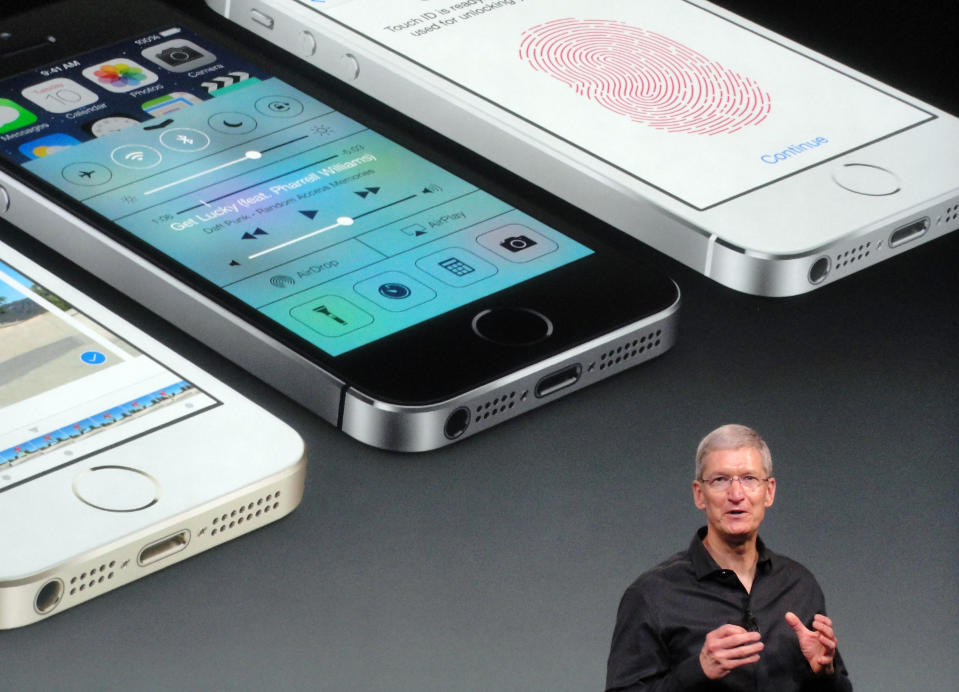The danger of using bogus IDC marketshare predictions to declare "Apple is losing to Android"

As anyone who follows the tech market closely can attest, marketshare predictions rarely play out as anticipated. To borrow a phrase from the political sphere, you might say that marketshare predictions are like cologne; fun to smell but dangerous to drink.
Yet the blogosphere, for reasons that often defy explanation, are quizically all to eager to drink the empty and often contradictory marketshare predictions trotted out by an assortment of research firms. Normally it's easier to let comically vapid predictions pass on by, but when I stumbled upon a widely dissmineated Business Insider article that was picked up by both the AP and Yahoo Finance, I figured it was time call BS on the outlets that refuse to take IDC predictions with the requisite grain of salt.
The article in question has a typically linkbait-esque headline, titled "The iPhone 6 Had Better Be Amazing And Cheap, Because Apple Is Losing The War To Android."
I'll give you all a few seconds to finish rolling your eyes.
Okay, welcome back.
Now the basis for the article is an IDC research report which anticipates Apple's share of the smartphone market in 2014 will fall from 18% down to 14% while Android's share will increase from 78% to 80%. Looking even further out, IDC expects iOS marketshare to drop down even further by 2018 on account of growing Windows Phone sales.
Now the problem with these marketshare predictions is that the technological landscape is moving far too fast for anybody to really make informed predictions about what the next five years will look like. It's why sportswriters don't predict who might win the NBA championship in 2018 -- there's simply no point. Players get traded, new stars emerge, the skill set of current stars may decline prematurely, injuries happen. In short, there are far too many variables and unknowns to take into account. The same applies with these smartphone marketshare predictions.
As further proof, it's helpful to go all the way back to 2011 and see what IDC believed the 2015 smartphone market would look like.

Funny, huh?
In 2011, IDC's 4-year projection put Windows Phone marketshare at 20.9%. During the fourth quarter of 2013, Windows Phone sales occupied a 3.2% share. That's a huge miss, but not nearly as egregious as their prediction that BlackBerry in 2015 would enjoy a 13.7% marketshare. Today, IDC's marketshare forecast barely touches on BlackBerry as the handset maker's marketshare is now, by IDC's own estimation, at 0.6%.
A lot can happen in four years. Think about it -- Tony Fadell now works at Google, Dr. Dre now works at Apple, and Steve Ballmer is no longer Microsoft's CEO but rather the owner of the LA Clippers. It's wild stuff, which is why following the tech industry is such an interesting endeavor. But in following the industry and churning out headlines that typically paint Apple as a company in dire need of help, outlets are doing their readers a disservice by not taking into account the quality of the messenger before relaying the actual message.
As a final point, keep in mind that the fight for marketshare is obscenely overrated. Actual profits are much more important as marketshare figures are easily manipulated. To wit, RIM a few years ago began rolling out widespread "Buy 1 get one free!" deals for their devices. The result was an artificially inflated marketshare figure that belied the true market interest in BlackBerry devices.

